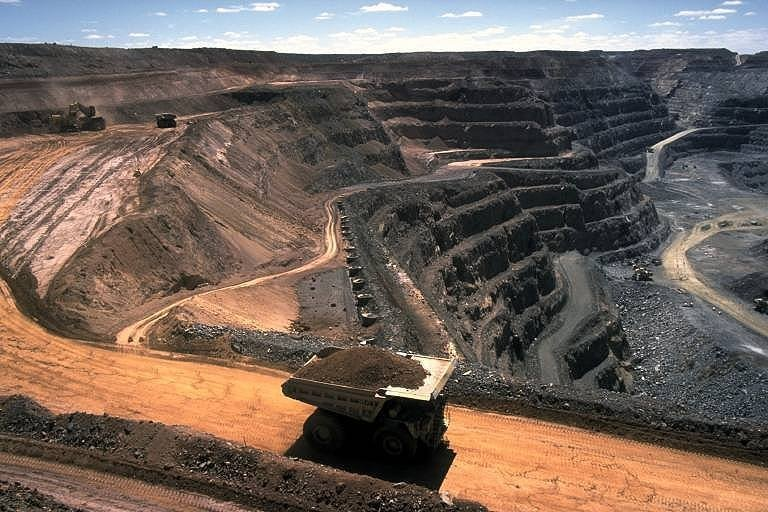Almost everything we use, from a tiny pin to a towering building, is made up of minerals. We also use minerals to create vehicles and use energy resources derived from minerals to fuel them. This goes to show the increase in the use and demand of mineral resources around the globe. After all, minerals are essential to most things we use every day; from phones to cars and many other items. With an increase in the global population and technological advancements, the need for minerals has surged. A gold rush of extracting these resources has been triggered by countries who want to use their treasure count to power economies and create jobs.
However, these minerals are unevenly distributed. Some regions of the Earth might have high concentrations of good minerals, whereas some regions might be devoid of these minerals. Minerals, as defined by geologists, state that they are “Homogeneous substances with definite internal structure.
Mineral Exploitation —This is defined in simplest terms as extracting and consuming the earth’s natural resources such as metals, natural gases, coal, or minerals. This process of development can generate economic growth and technological achievement, but all too frequently at a high environmental price and following broad social disruption.
Over the past 5 decades, humans have been exploiting natural resources to their fullest, which has increased human consumption and usage of minerals, fossil fuels, and other energy resources. This rapid increase in growth, development, and urbanization has led to an increase in the consumption of natural resources, which took millions of years to be formed.
The total volume of workable minerals is an insignificant fraction – only one percent of the Earth’s crust. The geological processes of mineral formation are so slow that the rates of replenishment are infinitely small in comparison to the present rates of consumption. This calls for better conservation plans to preserve Earth’s minerals and its nature.
Mineral exploitation not only leads to an increase in the extraction of ores and the depletion of these resources, it leads to an increase in the loss of biodiversity. This increased exploitation makes a country filled with natural resources be depleted of it, making it so that minerals are extracted from deeper mines which have less quality and increased cost of mining.
Mining operations frequently lead to deforestation, soil erosion, and water contamination. The conversion of vegetation (mostly forests) to farmland, clearly damages ecosystems but the resulting releases of carbon in trees contribute to climate change. Mining also creates pollution that can contaminate local water supplies, which can kill fish and other aquatic life forms as well as poison people who rely on those water sources for drinking water and agriculture.
On the other hand, mineral exploitation can lead to social conflicts and inequalities. Often, local communities do not receive a fair deal with the residual solitude and quiet impact on their lifestyle. These kinds of jobs do generate employment, but most are low wage and dangerous for the mine workers. Worse still, if multinational corporations take over they will extract all the wealth out of the local economy, and after enough drilling/sawing/blasting operations are done this place will soon be ecologically dead, a socially torn apart indent attrition landscape. This can lead some communities in a fight to protect their rights, facing off against powerful companies and governments.
There are efforts to address these. The increasing number of companies that are pressing for sustainable policies, seeking to reduce their environmental impact. There is a lot of momentum for transparency and accountability in the sector: fair compensation to local communities, responsible management of resources, etc.
And in the end, that is the challenge. While mining produces wealth and a better standard of living, in the long run, it is important to be aware of how deep into nature we cut ourselves. With a focus on sustainable practices and equitable investment in local communities, we can move toward a more responsible — and effective — use of mineral resources. It is the only way we can use them for good instead of burning them up and ruining our planet for everyone involved.

)
)
)
)
)
)
)
)
)
)